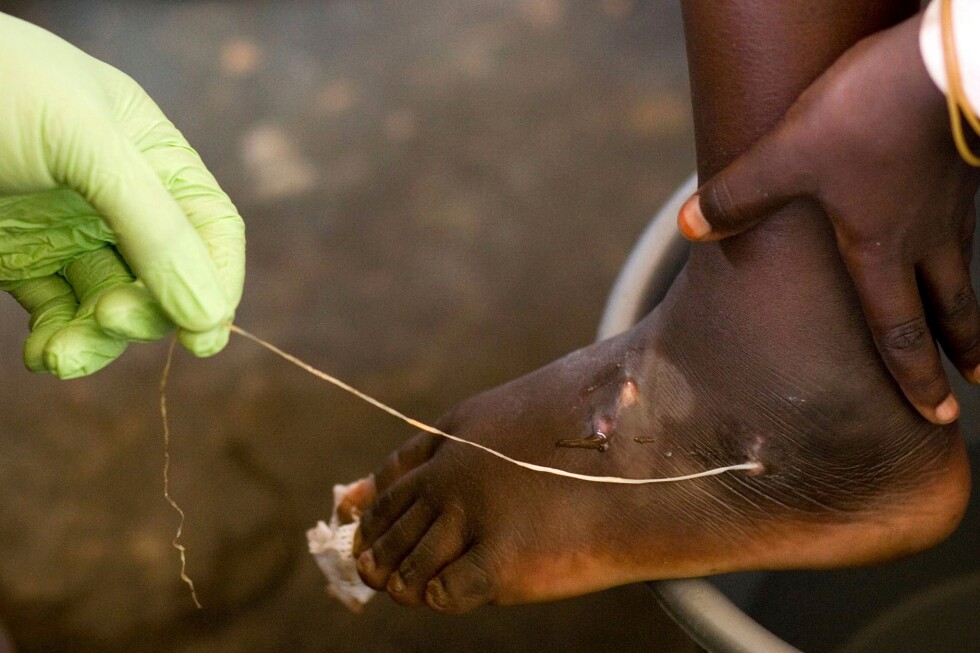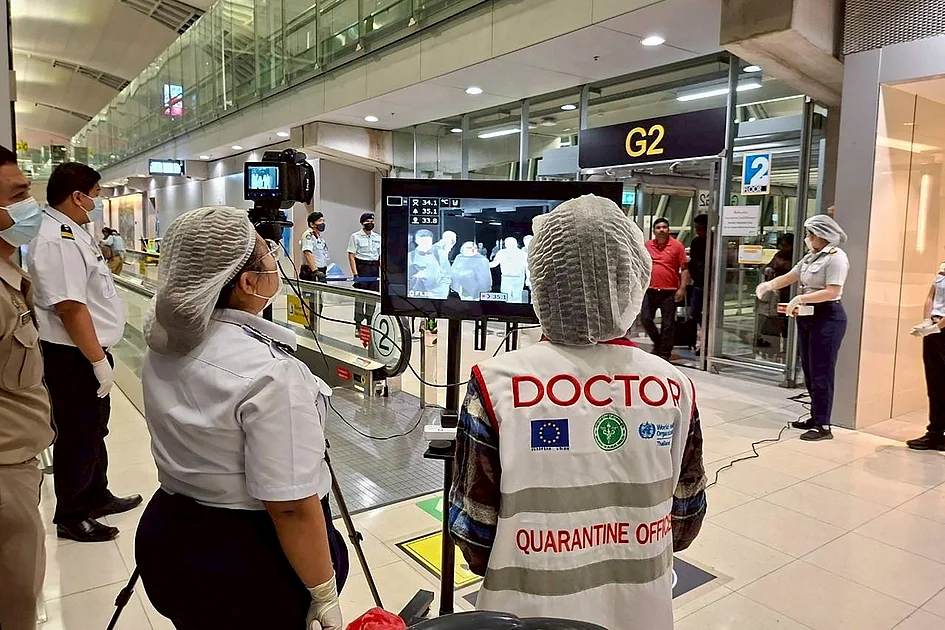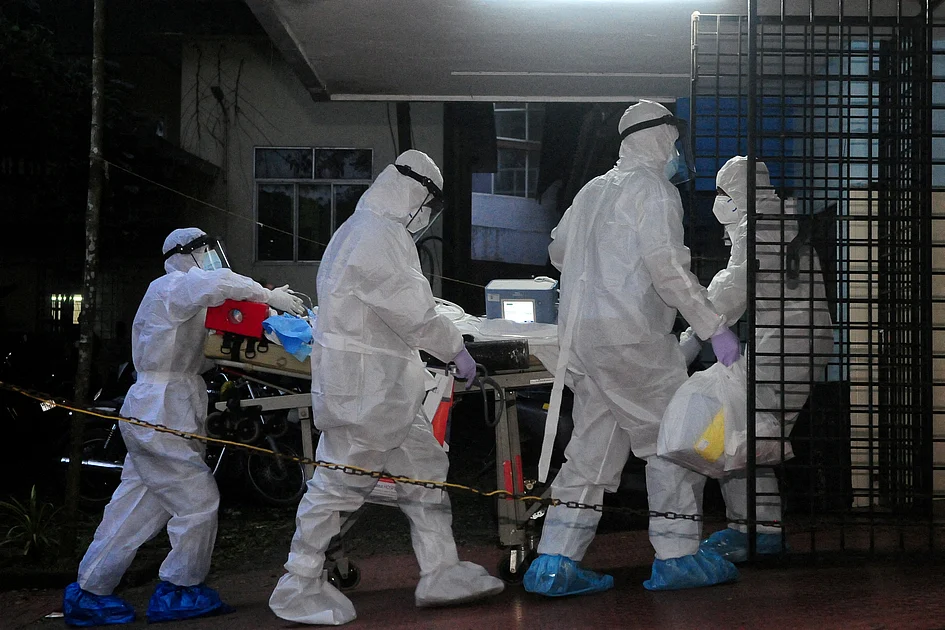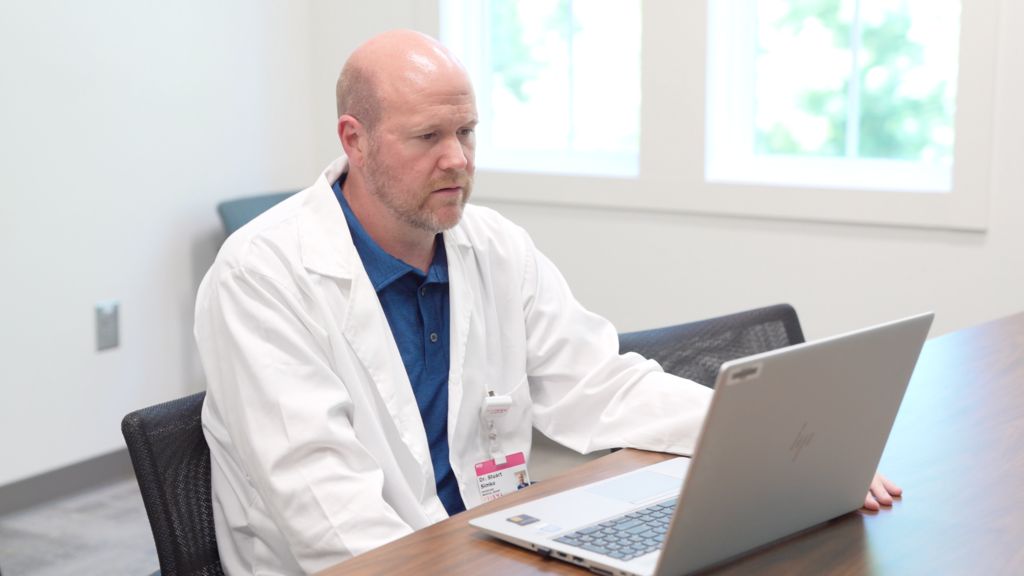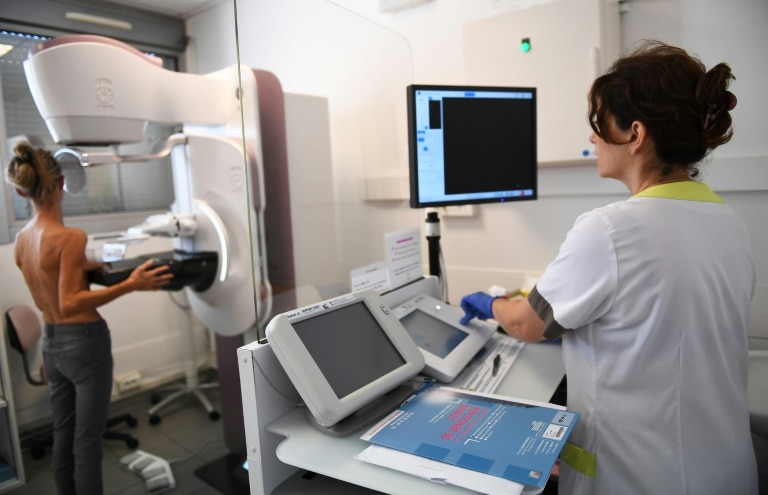American Hospital Dubai has achieved a groundbreaking medical milestone by becoming the first healthcare institution in the United Arab Emirates and the broader Middle East region to deploy the revolutionary da Vinci 5 surgical robotic system. This strategic acquisition, implemented on January 30, 2026, establishes a new benchmark for advanced surgical capabilities in regional healthcare.
The da Vinci 5 represents a quantum leap in robotic-assisted surgery, incorporating over 150 significant technological enhancements. The system introduces the pioneering Force Feedback technology, enabling surgeons to perceive tissue pressure in real-time during procedures. This innovative feature allows medical professionals to apply up to 43% less force during operations, regardless of their experience level, resulting in improved tissue handling and accelerated patient recovery timelines.
Additional transformative features include ultra-high-definition 3D imaging with unprecedented clarity, computational power increased by 10,000 times compared to previous models, and a completely redesigned surgeon console that optimizes ergonomic efficiency and surgical precision. These advancements collectively minimize tissue trauma while expanding the range of complex minimally invasive procedures across multiple surgical specialties.
This achievement builds upon the hospital’s existing robotic surgery leadership, which already includes both da Vinci Xi and da Vinci SP (Single Port) systems. The institution previously made history as the first Middle Eastern hospital to implement single-port robotic surgery technology. American Hospital Dubai further distinguishes itself through its Center of Excellence in Robotic Surgery (COERS), recognized as the first private healthcare facility in the region to receive accreditation from the US-based Surgical Review Corporation.
The integration of da Vinci 5 technology reinforces the hospital’s commitment to clinical innovation and excellence while significantly enhancing surgical training capabilities. This advancement positions American Hospital Dubai at the forefront of technological adoption in healthcare, ultimately aiming to improve patient outcomes and shape the future of advanced surgical care throughout the Middle East.

